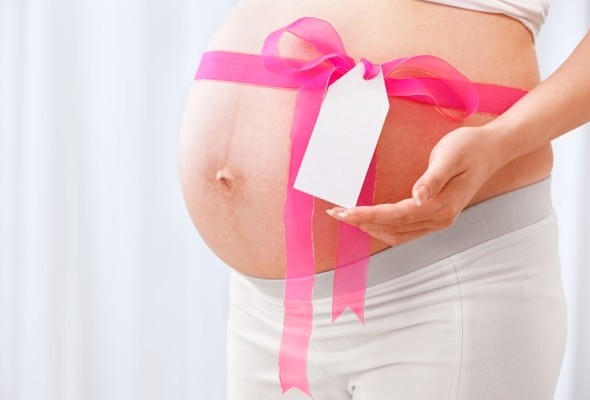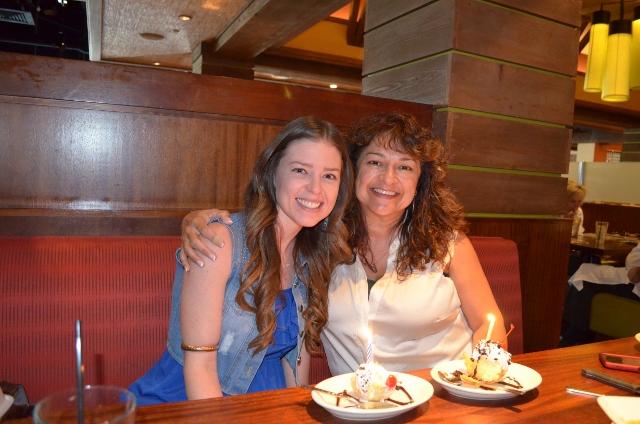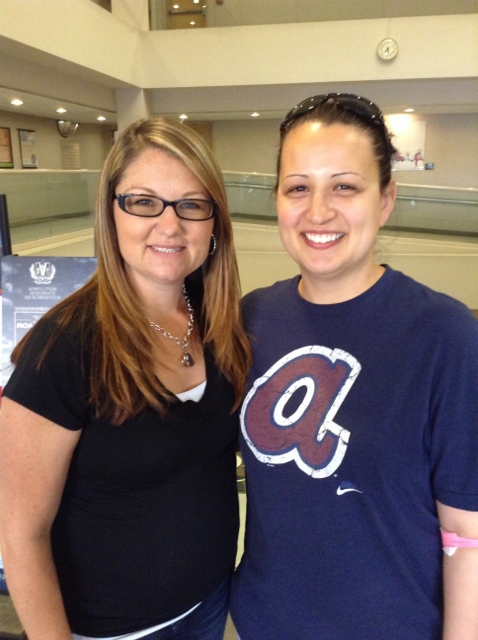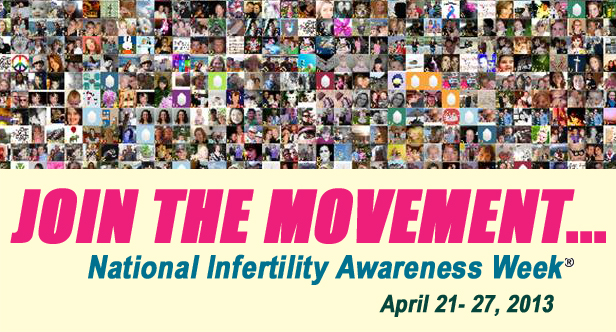
Mother’s Day is a wonderful opportunity to celebrate all of the mothers in the world! As all of our Surrogate Moms know, including Carol & I, being a mother is a blessing. And it is a blessing that we want to share with women who need our help to reach the ultimate goal of motherhood.
Join us this week in honoring the countless Surrogate Mothers here at BFI and in the world who have made the commitment to help someone in this tremendous way. And take a moment to appreciate all the moms you know, especially your own, while you are fortunate enough to still have them in your life. – Breann









